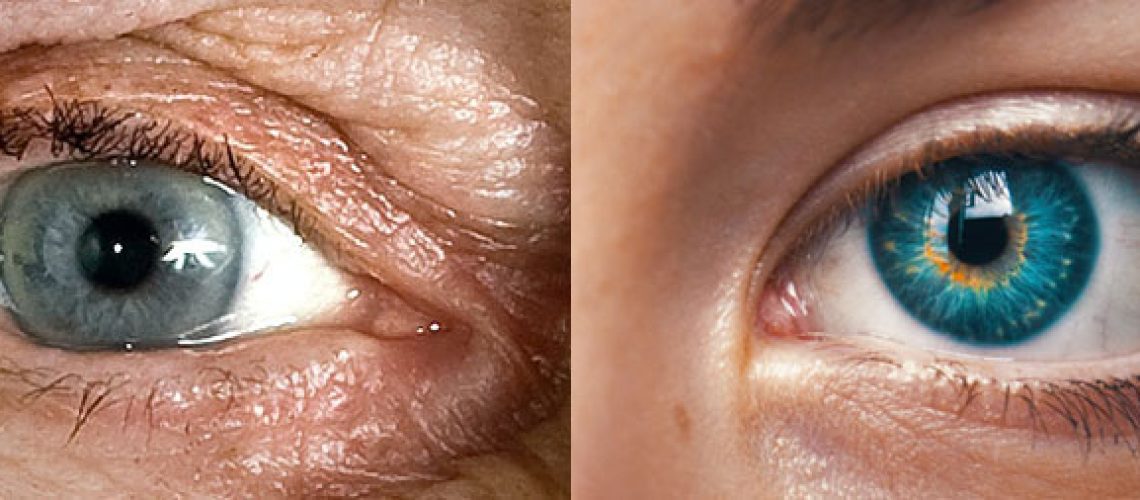Imagine that you had no birth cert, no passport or no driver’s licence. Nothing that had a record of your date of birth. How old would you think you are?
It’s an interesting question. Of course if you had grey hair (or no hair) you could probably guess that you were a mature adult. But what if you had no mirror to see your reflection? How then could you gauge how old you were? You’d probably have to base your guess on how you ‘felt’. If you felt stiff, sore and creaky you’d probably guess you were old, or at least older. And if you were supple and agile you’d probably guess you were young, or at least younger.
But let’s flip this on its head for a second. If you had never known when you were born or how old you were, would your hair have greyed when it did? Would ‘aging’ proceed more slowly? Without all the cultural expectation that we attach to specific birthdays and milestones, would you feel less ‘old’?
An awful lot of our perception of age is cultural. Tied into life events and stages. We are told that after the exuberance of youth comes an inevitable slow decline into decrepitude. But how much of this is true ageing and how much of it is social and cultural conditioning, a kind of bizarre self fulfilling prophecy?
It also leads to another question. What is ‘ageing’? Even a new born baby is ageing, so ageing is just living. There is also the fact that there are older folk who seem to be very much unaffected as they age. Still maintaining their faculties and physical capabilities. If just one person can age successfully then becoming decrepit doesn’t have to be inevitable.
Much of the feeling of being old is a result of the deterioration of our ability to move well. Stiffness creeps in. Pain spreads. Our confidence in our own ability dwindles. We stop doing the activities we once took for granted. As a result of moving less, our movement deteriotates further, and downhill we go.
But there is nothing about deterioration of movement that is directly tied to ageing. You can be young and unable to move well and be old and still able to move well.
If you were say, a Potter, with 50 years of pottery experience you would expect to be an expert, maybe even a master, at pottery. Why does the same development of mastery not apply to movement? I’m guessing it’s because nobody really practices general movement with the same diligence and attention as they do to their craft/vocation.
But what if we ceased reinforcing the patently false notion that aging inevitably leads to a slow decline into increpitude?
What if we were to treat our general movement as a skill to be practiced, maintained and refined throughout our lifetime? But how? By taking responsibility for our movement and working diligently to restore, maintain and refine our ability to move well as we age.
Independence is lost when we cannot move well enough to look after ourselves. If you can move well, whether you are 19 or 90, you can look after yourself (and others) better. You can go where you want to go and do whatever you choose to do.
If you cannot move well, your world suddenly shrinks. You may need assistance to go where you want to go, and help to do what you want to do. Maybe you can’t go up steps, or stand unaided, or cook yourself a meal, or sit on the floor, or drive a car, or cycle a bike, or take a walk through the countryside, or participate in the sports and activities you once loved to do. Essentially, your options are reduced exponentially. Freedom is lost.
Conversely if you can move well as you age, your options remain very much open. Moving well begins with maintaining your most basic movement patterns and functions. Being able to flex and extend the spine, side bending of spine and rotation of spine. If these abilities are maintained, you will be in good shape no doubt. Sitting, standing, and most important of all walking will all benefit from proper control and freedom of the trunk and spine. Maintaining your ability to walk freely and comfortably may be the most important thing you do for yourself as you age. A regular Somatic movement practice can be an invaluable tool in this regard.
So ask yourself, if you didn’t know when you were born, based on how you feel, and how you move, how old would you think you were?
As always thanks for reading…
Photos by Seb [ P34K ] Hamel on Unsplash and Amanda Dalbjörn on Unsplash
